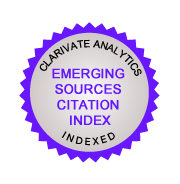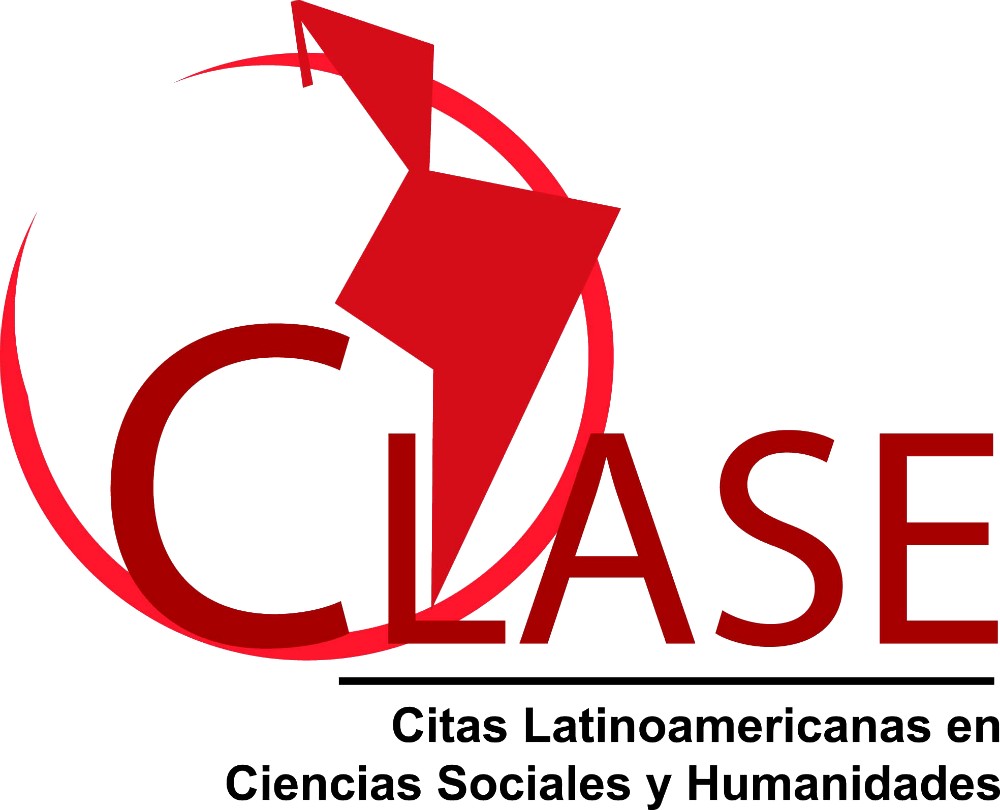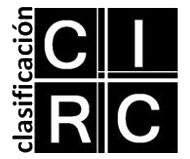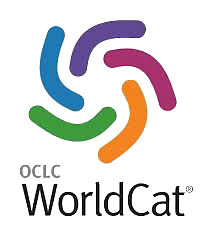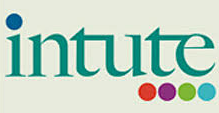La comunicación managerial.
Managerial communication. Its rationalization and its effects on contact center agents
DOI:
https://doi.org/10.24215/16696581e775Keywords:
Managerial communication, Contact Centers, Agents, Home office, New information and communication technologies, RationalizationAbstract
For three decades, contact centers have been the most efficient means of managing direct communications between companies and customers. This communication is not a mere transmission of messages, but implies the constitution of certain commitments of Contact Center agents (visible in their ways of doing and being), which are key to customer management. We asked ourselves what elements characterize this communication, what processes make it possible, and what are its effects? Based on research which included the analysis of interviews and documents, we argue that communication is rationalized in Contact Centers, forming a device crossed by technological systems and work management techniques that optimize it. Managerial communication, as we call it, imposes certain rational uses of the body, language and emotions, which we describe here on the basis of various agent-client contacts. Towards the end, we present a crisis situation of managerial communication around the home office telework of virtual agents: when the rationality of behavior cannot be put into practice, discomfort is experienced.
Downloads
References
Aksin, O. Z. y Harker, P. (1998). To sell or not to sell: determining the tradeoffs be¬tween service and sales in retail banking phone centers. Wharton Fi¬nancial Institutions Center, Universidad de Pensilvania, 1-38.
Aneesh, A. (2015). Neutral accent: How language, labor, and life become global. Carolina del Norte: Duke University Press.
------------- (2021). Capítulo 2. Las paradojas y el futuro de los call centers. Alarcón Medina, R (coord.) El call center global. Cultura, trabajo y poder en el capitalismo digital. Tijuana: El Colegio de la Frontera, 37-74.
Hennis, W. (1983). El problema central de Max Weber. Revista de Estudios Políticos (Nueva Época), nº 33, pp. 49-99.
Hualde, A. y Micheli, J. (2021). Teletrabajo y Call Center. La experiencia mexicana durante la pandemia en 2020. Anuario IET de Trabajo y Relaciones laborales, Vol. 7, 33-55.
Moench, E. (2020). La managerialización en el trabajo de los agentes de call centers en Argentina, desde finales de la década de 1980 al presente, Revista Observatorio lati¬noamericano y caribeño, (4), 41-60.
-------------- (2022). La gubernamentalidad managerial entre la/os agentes de contact centers y su transformación en tiempos de pandemia Covid-19, Revista Sociología del Trabajo, 100, 147-157.
Moench, E. y López Ruiz, O. (2020). La formación de una cultura laboral. El ethos managerial-performativo entre los agentes telefónicos de call centers, Controversias y Concurrencias Latinoamericanas, 11 (20), 157-178.
Palermo, H., Radetich, N. y Reygadas, L. (2020). Trabajo mediado por tecnologías digitales: sentidos del trabajo, nuevas formas de control y trabajadores ciborg. Revista Latinoamericana de Antropología del Trabajo, n. 7, enero-junio 2020, 1-35.
Whimster, S. (2018). Condução da vida na obra de Max Weber e Wilhelm Hennis. En Jardim, F.; Teixeira, A. L.; Augusto, M. H. y López Ruiz, O. (Org.) Max Weber e Michel Foucault. Paralelas e intersecções. Sao Paulo: Editora da PUC-SP, 71-89.
Winiecki, D. (2009). The Call Centre and its Many Players. Organization, Vol. 16(5), 705–731.
Weber, M. (1994). Sociología del trabajo industrial. Madrid: Editorial Trotta.
----------- (2012 [1913-1915]). Introducción a la ética económica de las religiones universales. Ensayos de sociología comparativa de la religión (Einleitung) en Sociología de la Religión. Madrid: Akal, 2ª Ed., 2012, 344-381.
Wright Mills, Ch. (1956). White collar. The American Middle Classes. New York: Oxford University Press.
Downloads
Published
How to Cite
Issue
Section
License
La aceptación de un original por parte de la revista implica la cesión no exclusiva de los derechos patrimoniales de los/as autores/as en favor del editor, quien permite la reutilización, luego de su edición (postprint), bajo una Licencia Creative Commons Atribución-NoComercial-CompartirIgual 4.0 Internacional (CC BY-NC-SA 4.0)
Acorde a estos términos, el material se puede compartir (copiar y redistribuir en cualquier medio o formato) y adaptar (remezclar, transformar y crear a partir del material otra obra), siempre que a) se cite la autoría y la fuente original de su publicación (revista y URL de la obra), b) no se use para fines comerciales y c) se mantengan los mismos términos de la licencia.
La cesión de derechos no exclusivos implica que luego de su edición (postprint) en Question las/os autoras/es pueden publicar su trabajo en cualquier idioma, medio y formato; en tales casos, se solicita que se consigne que el material fue publicado originalmente en esta revista.
Tal cesión supone, también, la autorización de los/as autores/as para que el trabajo sea cosechado por SEDICI, el repositorio institucional de la Universidad Nacional de La Plata, y sea difundido en las bases de datos que el equipo editorial considere adecuadas para incrementar la visibilidad de la publicación y de sus autores/as.
Asimismo, la revista incentiva a las/os autoras/es para que luego de su publicación en Question depositen sus producciones en otros repositorios institucionales y temáticos, bajo el principio de que ofrecer a la sociedad la producción científica y académica sin restricciones contribuye a un mayor intercambio del conocimiento global.






